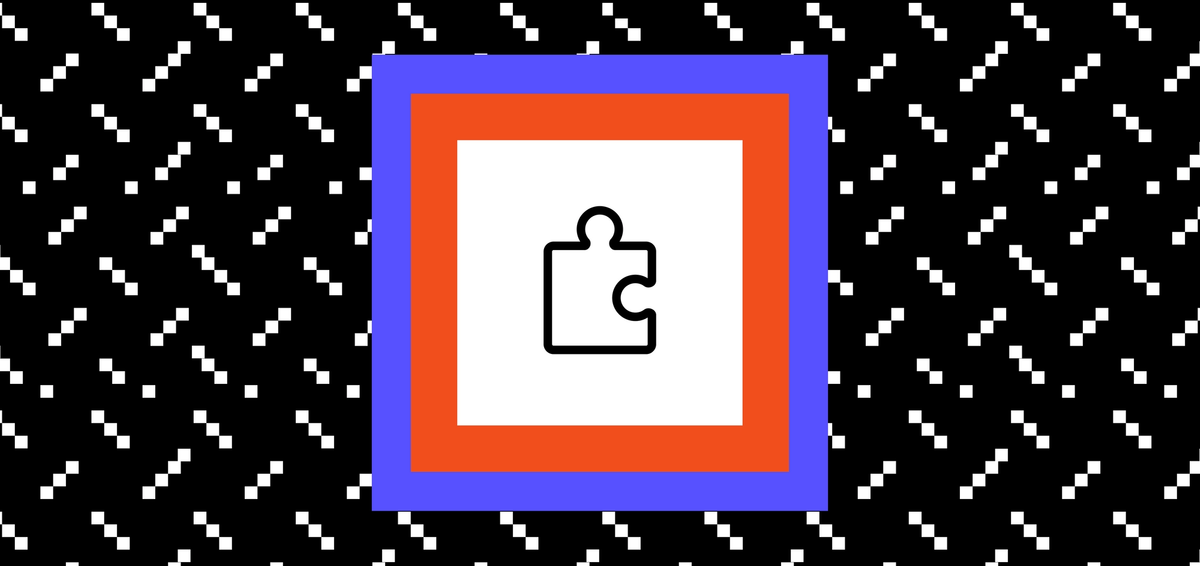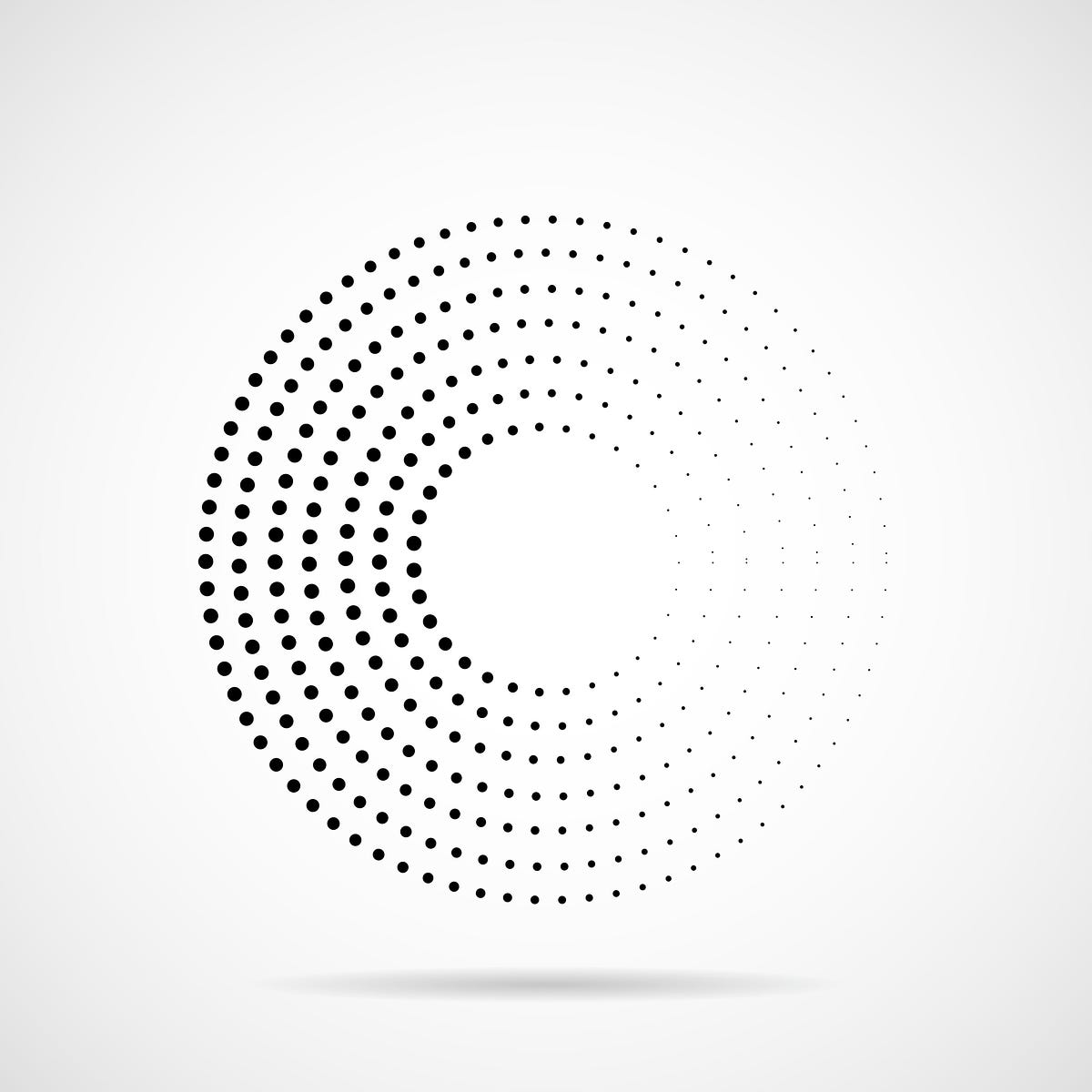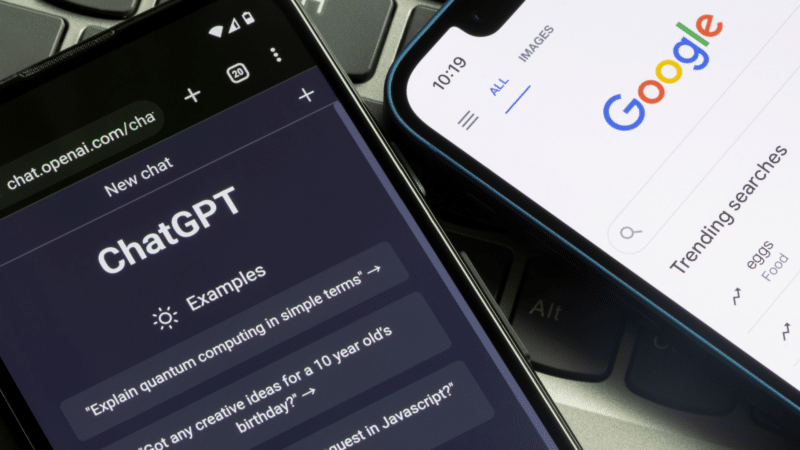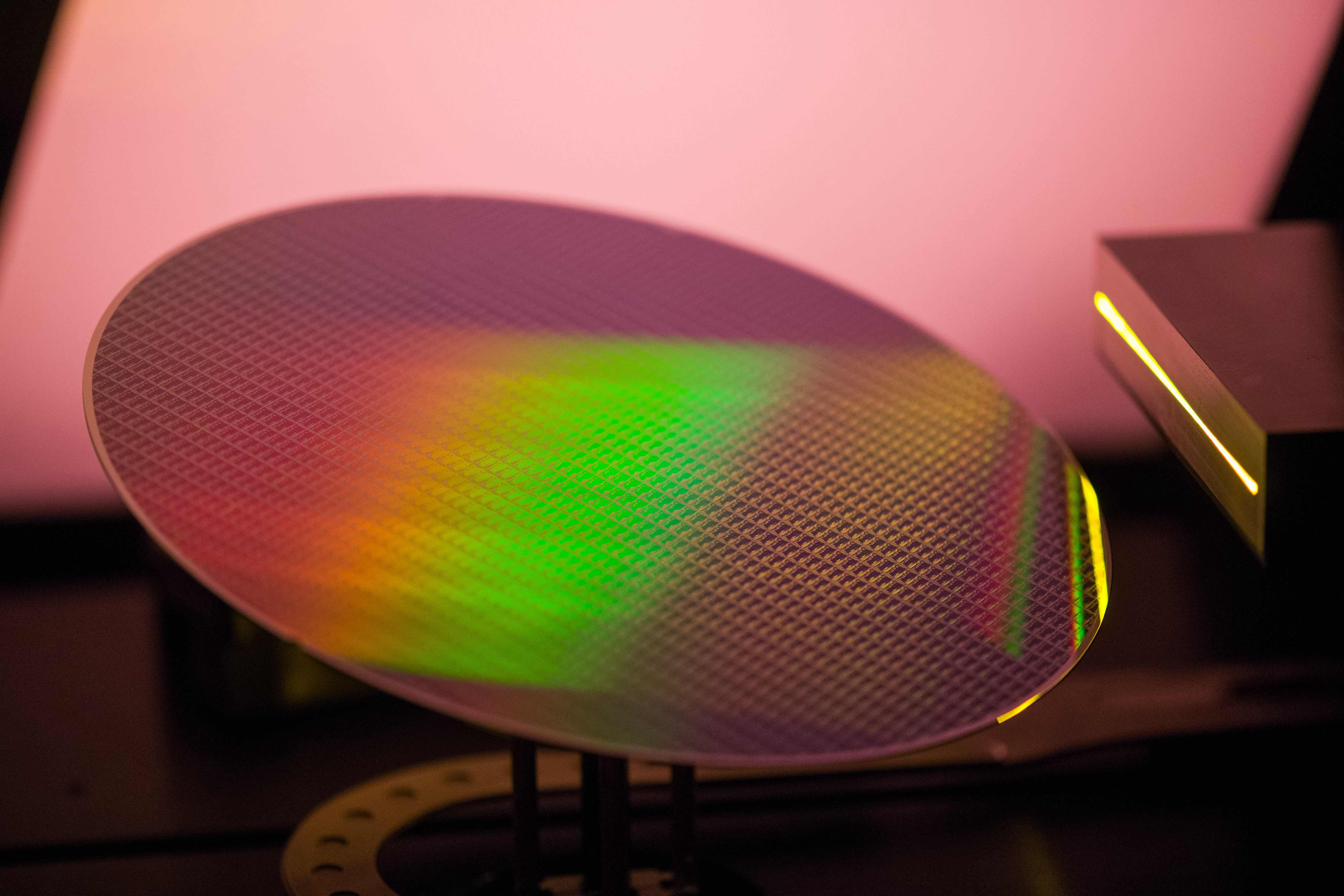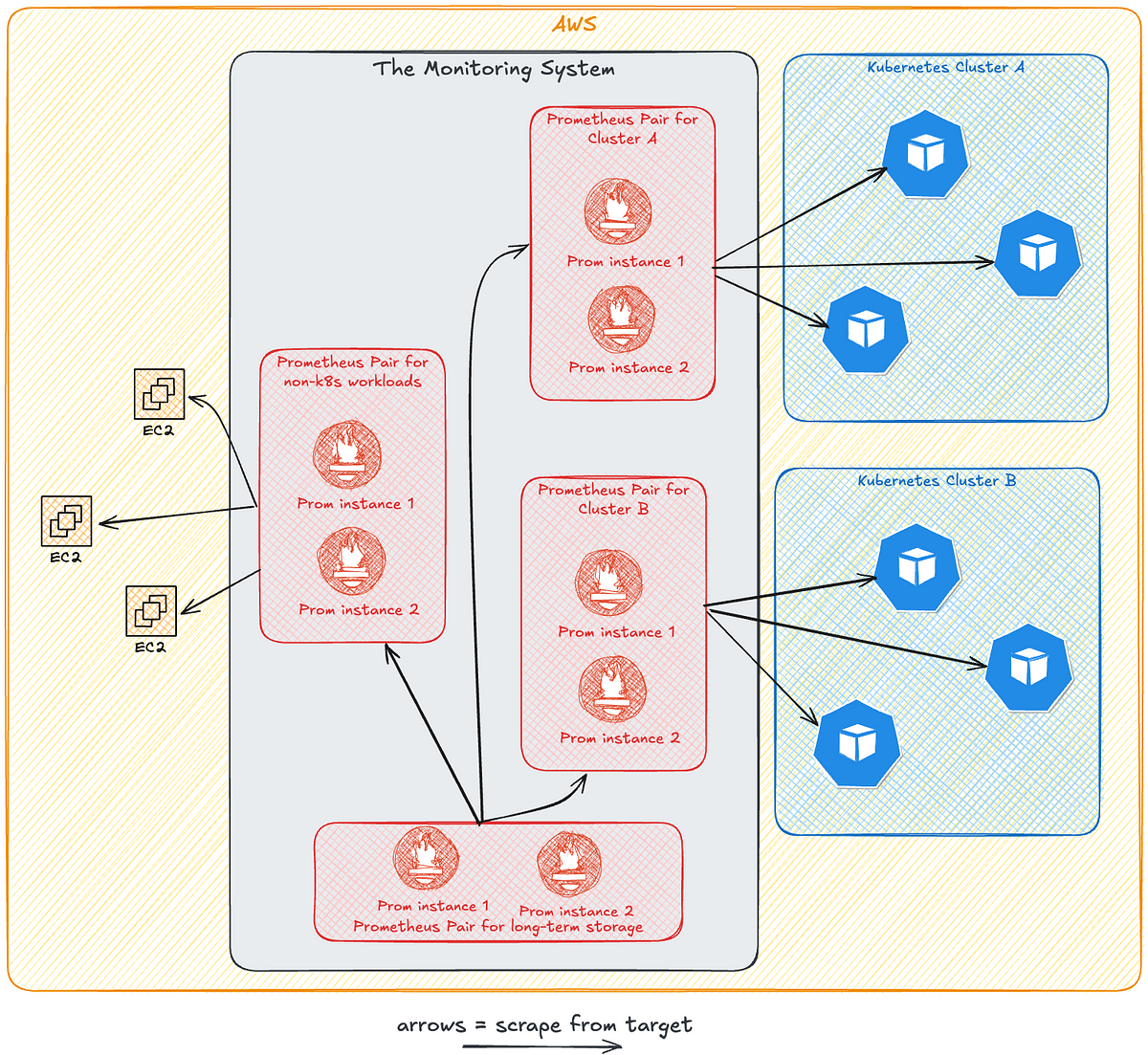Evening use of light-emitting eReaders negatively affects sleep, circadian timing, and next-morning alertness
Edited by Joseph S. Takahashi, Howard Hughes Medical Institute, University of Texas Southwestern Medical Center, Dallas, TX, and approved November 26, 2014 (received for review September 24, 2014)
Author contributions: A.-M.C., J.F.D., and C.A.C. designed research; A.-M.C. performed research; A.-M.C. and D.A. analyzed data; and A.-M.C. and C.A.C. wrote the paper.
The use of light-emitting electronic devices for reading, communication, and entertainment has greatly increased recently. We found that the use of these devices before bedtime prolongs the time it takes to fall asleep, delays the circadian clock, suppresses levels of the sleep-promoting hormone melatonin, reduces the amount and delays the timing of REM sleep, and reduces alertness the following morning. Use of light-emitting devices immediately before bedtime also increases alertness at that time, which may lead users to delay bedtime at home. Overall, we found that the use of portable light-emitting devices immediately before bedtime has biological effects that may perpetuate sleep deficiency and disrupt circadian rhythms, both of which can have adverse impacts on performance, health, and safety.
In the past 50 y, there has been a decline in average sleep duration and quality, with adverse consequences on general health. A representative survey of 1,508 American adults recently revealed that 90% of Americans used some type of electronics at least a few nights per week within 1 h before bedtime. Mounting evidence from countries around the world shows the negative impact of such technology use on sleep. This negative impact on sleep may be due to the short-wavelength–enriched light emitted by these electronic devices, given that artificial-light exposure has been shown experimentally to produce alerting effects, suppress melatonin, and phase-shift the biological clock. A few reports have shown that these devices suppress melatonin levels, but little is known about the effects on circadian phase or the following sleep episode, exposing a substantial gap in our knowledge of how this increasingly popular technology affects sleep. Here we compare the biological effects of reading an electronic book on a light-emitting device (LE-eBook) with reading a printed book in the hours before bedtime. Participants reading an LE-eBook took longer to fall asleep and had reduced evening sleepiness, reduced melatonin secretion, later timing of their circadian clock, and reduced next-morning alertness than when reading a printed book. These results demonstrate that evening exposure to an LE-eBook phase-delays the circadian clock, acutely suppresses melatonin, and has important implications for understanding the impact of such technologies on sleep, performance, health, and safety.

